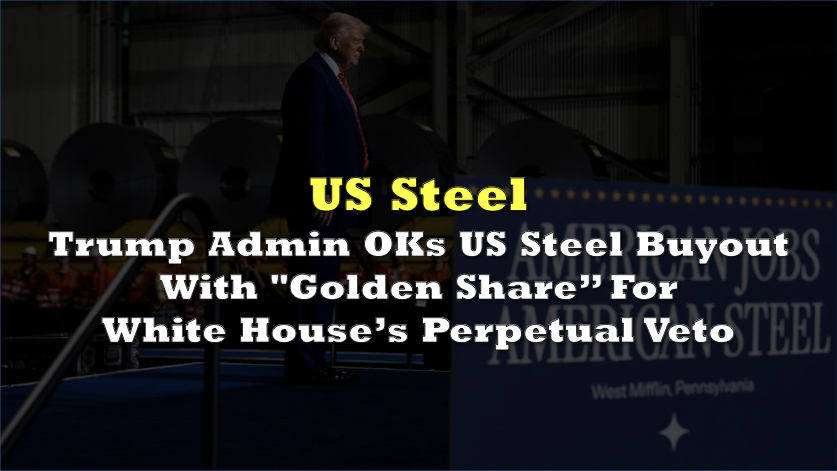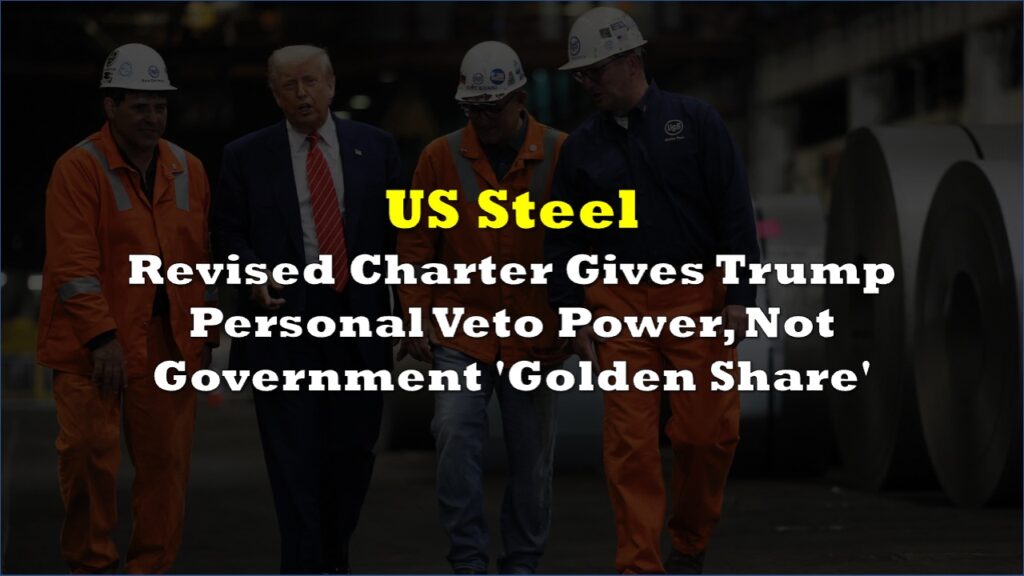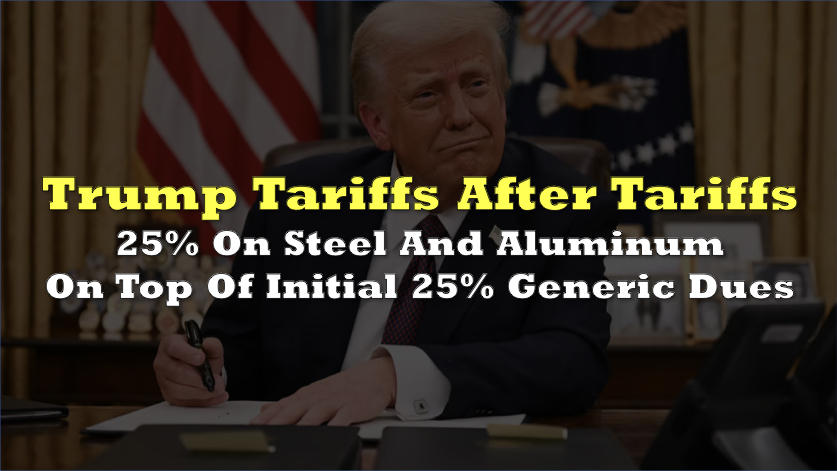U.S. President Joe Biden has made the decision to block a $14 billion acquisition of U.S. Steel (NYSE: X) by Japan’s Nippon Steel, citing potential national security risks.
In his statement, Biden framed the decision as necessary to preserve the nation’s ability to independently maintain critical infrastructure and production capabilities.
“It is my solemn responsibility as president to ensure that, now and long into the future, America has a strong domestically owned and operated steel industry that can continue to power our national sources of strength at home and abroad,” Biden said.
This intervention is rare for a U.S. president and raises concerns about how future foreign investments in sensitive industries might be viewed. While the United States has historically encouraged foreign investment, this action signals a shift toward more protectionist policies, particularly for industries deemed vital to national security.
The decision could also strain relations with Japan, a key ally and one of the United States’ largest foreign investors. Analysts note that Japan’s government has heavily backed Nippon Steel, further complicating diplomatic relations.
CFIUS Review
The Committee on Foreign Investment in the United States (CFIUS), an interagency body that evaluates potential national security risks from foreign investments, played a central role in the decision. Although the committee did not issue a formal recommendation, it raised significant concerns about Nippon Steel’s acquisition of U.S. Steel, particularly its potential to weaken the U.S. steel industry’s competitiveness and security.
CFIUS highlighted the possibility that Nippon Steel’s global operations could create conflicting interests, potentially deprioritizing American steel production in favor of international considerations. The committee also underscored the importance of maintaining domestic control over a company as integral to U.S. infrastructure and defense as U.S. Steel.
Nippon Steel has expressed strong disapproval of the administration’s decision. In a letter to CFIUS last month, the company accused the committee of presenting a flawed analysis.
“The concerns raised by CFIUS are littered with factual inaccuracies and omissions, misleading and incomplete statements, conjecture, and hypotheticals that have no basis in fact and are plainly illogical,” the letter read.
The company also signaled its willingness to pursue legal action if the deal was blocked.
The Stakes for U.S. Steel
U.S. Steel is one of America’s largest steel manufacturers, with facilities that play a crucial role in producing materials for construction, automotive, and national defense applications. The proposed acquisition by Nippon Steel was touted as an opportunity to inject significant investment into U.S. Steel’s operations, including the development of a workforce training center in Western Pennsylvania.
In a statement issued before Biden’s decision, U.S. Steel emphasized the potential benefits of the deal, highlighting commitments to workforce development and local economic growth. The American firm announced “plans to create a workforce training center with a multi-million dollar grant to support workforce development in Western Pennsylvania.”
“This commitment will only be made possible with the investments that Nippon Steel will make in our company, securing our facilities for generations to come,” the company said.
With the deal now off the table, U.S. Steel may face challenges in securing similar levels of investment from domestic sources.
Information for this briefing was found via The New York Times and the sources mentioned. The author has no securities or affiliations related to this organization. Not a recommendation to buy or sell. Always do additional research and consult a professional before purchasing a security. The author holds no licenses.









